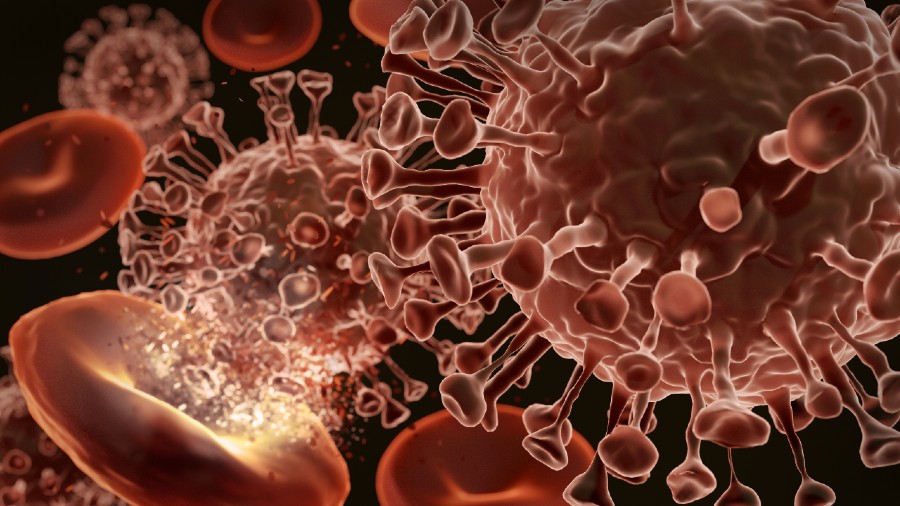A monoclonal antibody cocktail developed by the drug maker Regeneron offered strong protection against Covid-19 when given to people living with someone infected with the coronavirus, according to clinical trial results announced on Monday.
The drug, if authorised, could offer another line of defence against the disease for people who are not protected by vaccination.
The findings are the latest evidence that such lab-made drugs not only prevent the worst outcomes of the disease when given early enough, but also help prevent people from getting sick in the first place.
Using the cumbersome drugs preventively on a large scale won’t be necessary: Vaccines are sufficient for the vast majority of people and are increasingly available.
Still, antibody drugs like Regeneron’s could give doctors a new way to protect high-risk people who haven’t been inoculated or who may not respond well to vaccination, such as those taking drugs that weaken their immune system.
That could be an important tool as rising cases and dangerous variants threaten to outpace vaccinations.
Regeneron said in a news release that it would ask the Food and Drug Administration to expand the drug’s emergency authorisation to allow it to be given for preventive purposes in “appropriate populations”.
There’s “a very substantial number of people” in the US and globally who could be a good fit to receive these drugs for preventive purposes, said Dr Myron Cohen, a University of North Carolina researcher who leads monoclonal antibody efforts for the Covid Prevention Network, a National Institutes of Health-sponsored initiative that helped to oversee the trial.
“Not everyone’s going to take a vaccine, no matter what we do, and not everyone’s going to respond to a vaccine,” Dr Cohen said.
Regeneron’s new data come from a clinical trial that enrolled more than 1,500 people who lived in the same household as someone who had tested positive for the virus within four days.
Those who got an injection of Regeneron’s drug were 81 per cent less likely to get sick with Covid compared to volunteers who got a placebo.
Dr Rajesh Gandhi, an infectious diseases physician at Massachusetts General Hospital who was not involved in the study, said the data were “promising” for people who have not yet been vaccinated.
But he said that the study did not enroll the type of patients that would be needed to assess whether the drug should be used preventively for immunocompromised patients.










